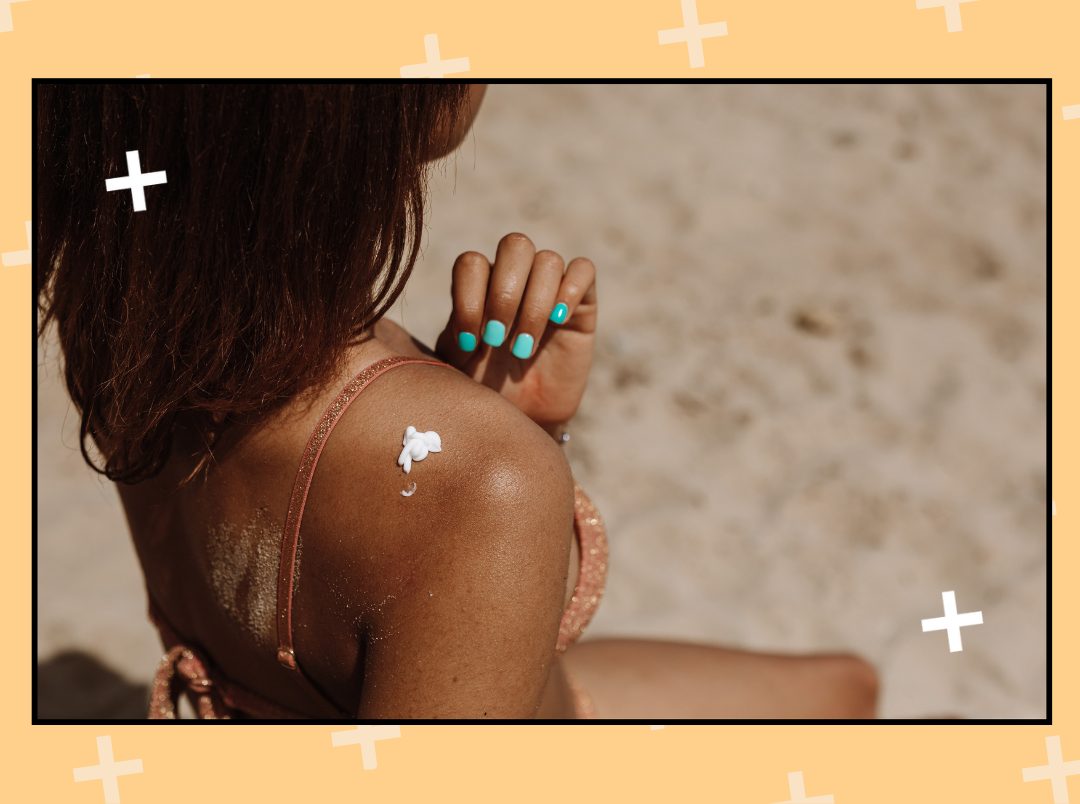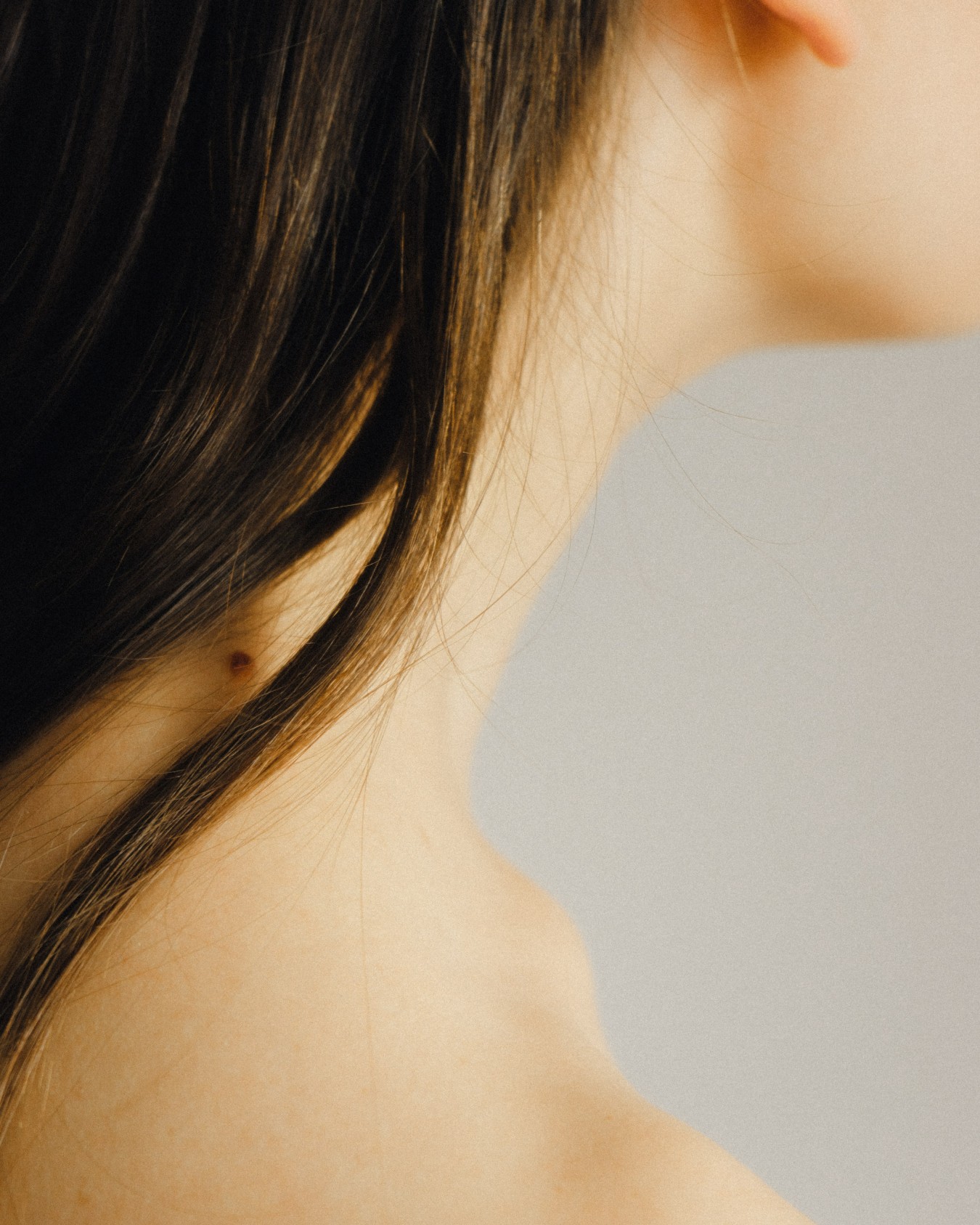
Did you know — Northern India is afflicted with melanoma; while Northeast India is experiencing a surge in non-melanoma cancers? Keep in mind that the former is an invasive, high-risk cancer that’s classified as one of the most life-threatening among the lot. On Cancer Awareness Day, it’s important to self-educate as much as possible in order to fight this epidemic together.
I’ve roped in two dermatologists to break down some of the most commonly-believed myths about skin cancer. Myths that you probably believe are facts. Because does that mole need an examination if it isn’t sore? And do you need to sun-proof your skin if your makeup contains SPF? Dr. Sravya C. Tipirneni, Consultant Dermatologist, Cosmetologist & Trichologist at Manipal Hospitals in Bangalore, and Dr. Meghna Gupta, Dermatologist and Founder, Delhi Skin Centre, tell us in seven points everything we need to know.
Because It Could Happen To Any One Of Us

Brown-skinned people don’t get skin cancer.
It’s true statistically that the lighter-skinned races are more prone to developing skin cancer due to less melanin protection; but darker or brown-skinned humans are prone to this too — just a little lesser. Protective measures are equally important — because, in darker, melanin-rich skin, these cancers are detected late, and might have already spread to other places.
I don’t need mole examinations if it’s not sore.
Not all cancerous moles are sore, and vice versa. A biopsy has to be conducted by a dermatologist in case of suspicion. An annual examination and photo documentation is required to identify and track progress.
Only sun exposure causes skin cancer.
Sun exposure is the primary cause of skin cancer but there are other causes:
- Cumulative Radiation Exposure: Farmers in India are constantly in the fields — even during peak hours with no sun protection. Occupational devices which emit UV radiation can trigger this form of cancer.
- Even a history of skin cancer in the family along with other genetic factors is a contributor.
- Increasing age is a major one.
- A weakened immune system, people with fair skin and freckles, and those with multiple or unusual moles face a higher skin-cancer risk.
We get Vitamin D only from exposure to sunlight.
Everyone believes standing in the sun, or sitting on your balcony solves this deficiency, but it continues to cripple a large part of our population anyway. This is because Vitamin D has other sources as well including food rich in the nutrient. Awareness of this reality can prevent dangerous sun exposure.
Makeup + Sunscreen = protection against skin cancer.
An effective, broad-spectrum sunscreen with a minimum SPF of 30 needs to go under your makeup regardless of whether said product contains SPF. This is simply because makeup is not layered on uniformly — or in an adequate amount all over.
Only UVB rays can cause damage.
Both UVA and UVB can do harm — from burning and damaging the skin to potentially leading to skin cancer. Look for a sunscreen that provides broad-spectrum protection.
Teens and young people don’t have to worry about skin cancer. It only affects older people.
The fact of the matter is one should often check their skin for any symptoms or indications that might seem odd, and consult a dermatologist.
Which one of these myths did you think was true?
Featured Image: Pexels